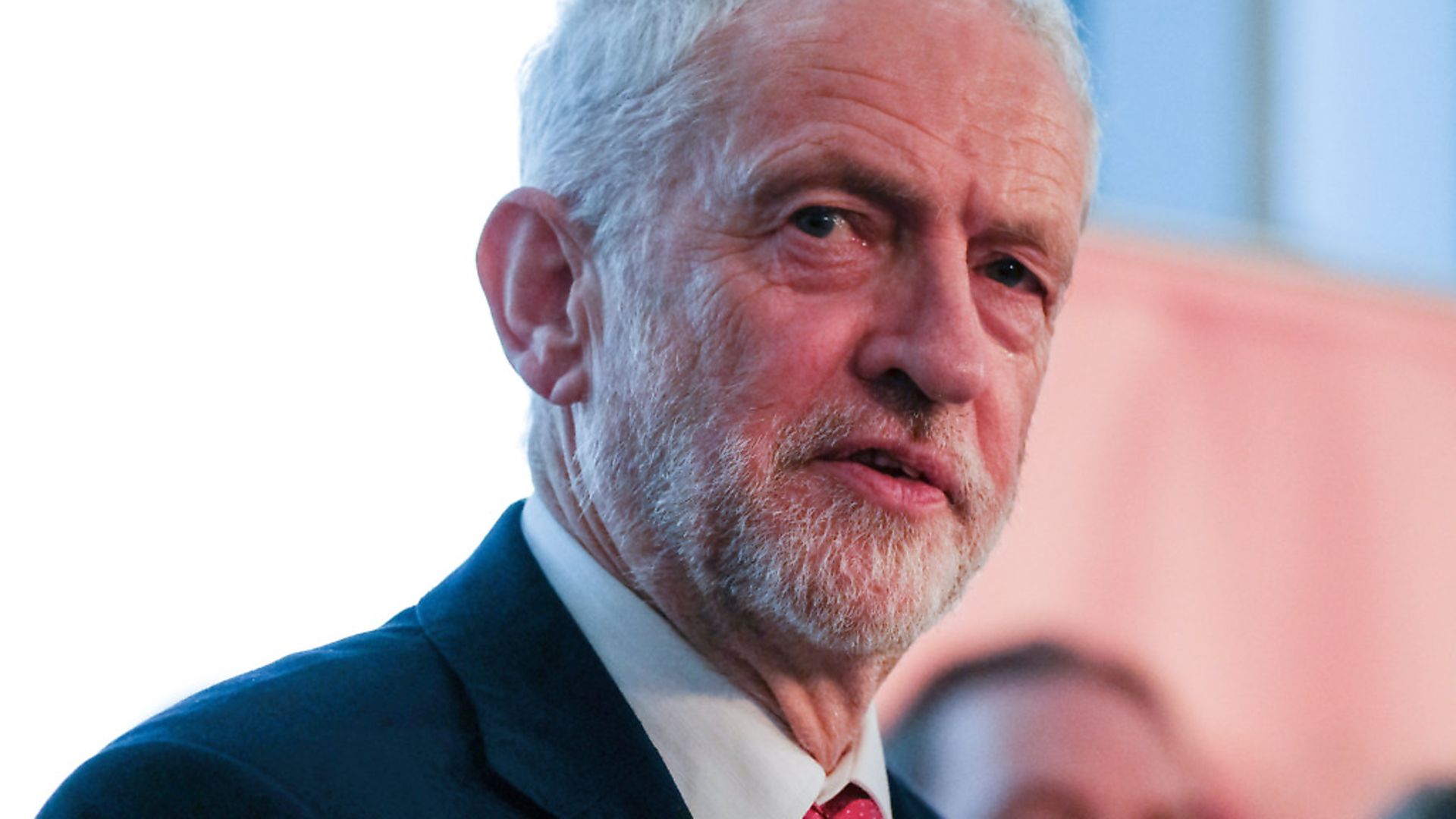
Labour have bizarrely justified Jeremy Corbyn’s no-show at yesterday’s People’s Vote march by saying he was ‘campaigning in Morecambe where the cockle pickers died’.
The Labour leader refused to attend the million-strong march on central London yesterday, with his deputy Tom Watson the party’s most senior representative among speakers at the rally.
Asked why Corbyn did not attend the march by Sky News’ Sophy Ridge today, shadow Cabinet Office minister Jon Trickett said: ‘He was out campaigning in Morecambe, actually, where the cockle pickers died’.
He went on: ‘And, look, the country wants to talk about, for instance, crime, there’s a rising tide in crime, there’s 20,000 less police officers on the streets, and there’s great anxiety about the state of the country apart from Brexit.
‘Jeremy is out there leading the country, discussing austerity and all the other things that matter.’
He did not elaborate on the relevance to the 2004 tragedy in which at least 21 Chinese illegal immigrant labourers were drowned by an incoming tide after picking cockles off the Lancashire coast. Gangmaster Lin Liang Ren was found guilty of the manslaughter of at least 21 people.
Corbyn was speaking in Morecambe ahead of local elections on May 2. The tragedy occurred in February 2004 so yesterday was not its anniversary and it is unclear why Trickett thought it was relevant to Corbyn prioritising a council election over Brexit.
He added: ‘I was in London yesterday, I was in a series of meetings but I took a bit of time, I had conversations with people on the march, and what was interesting was there was passion, there was enthusiasm, but above all there was fear that this government is simply lost and it’s leading the country down a blind alley at this very dangerous moment.
‘That was the overall impression that I think I had.
MORE: Petition to hit five million as creator reveals she’s received death threats
MORE: People’s Vote march doesn’t represent the majority, Farage tells 200 people
‘It was a lovely crowd, but the job of the alternative government is to try to find a way of bringing all the sides together in our country rather than dividing it in the way that the government has on a Brexit, but a Brexit that works for everybody.’
Warning: Illegal string offset 'link_id' in /mnt/storage/stage/www/wp-includes/bookmark.php on line 357
Notice: Trying to get property 'link_id' of non-object in /mnt/storage/stage/www/wp-includes/bookmark.php on line 37






